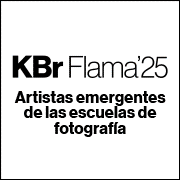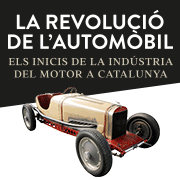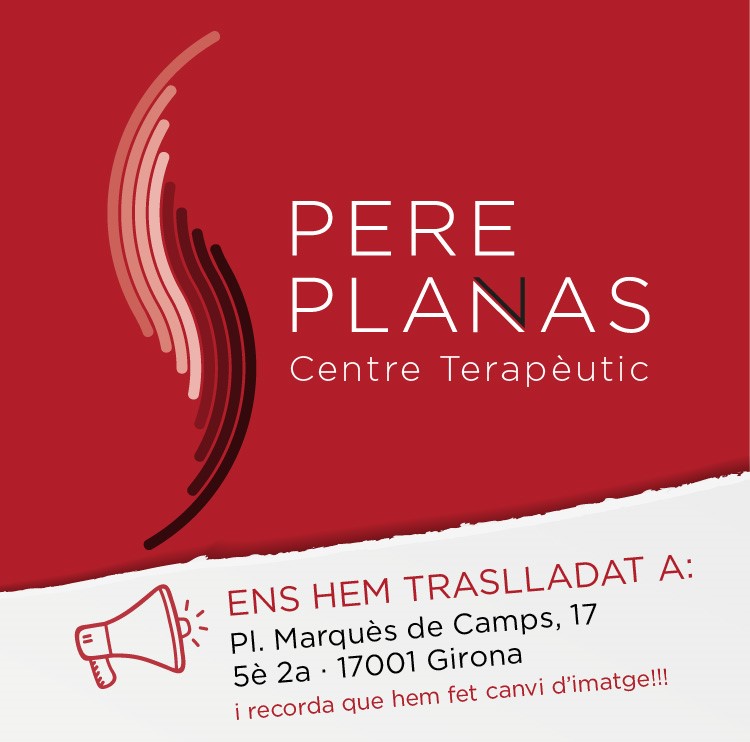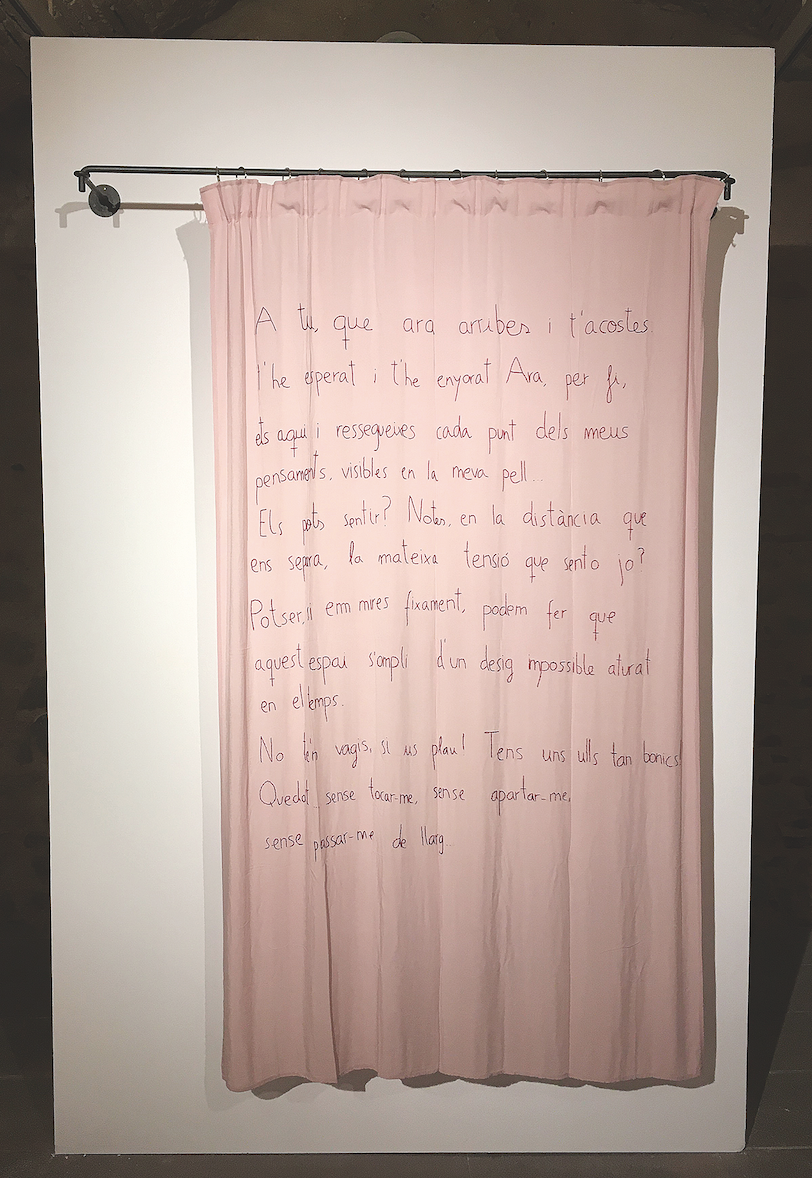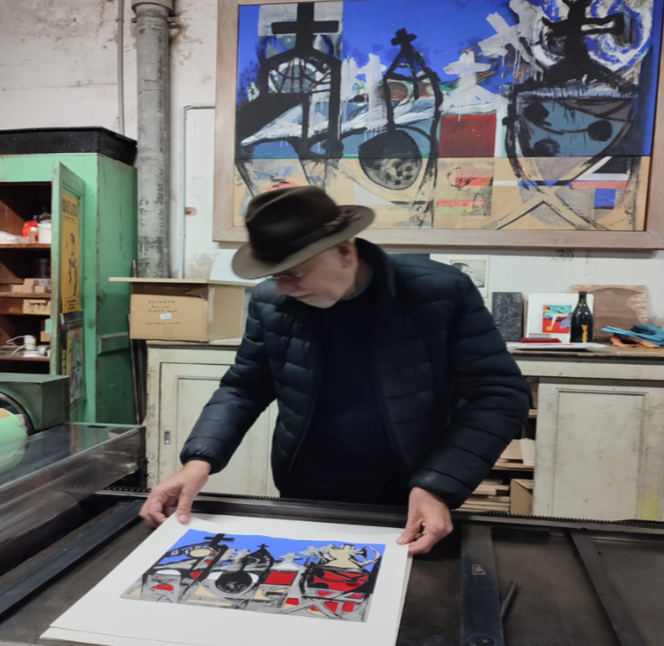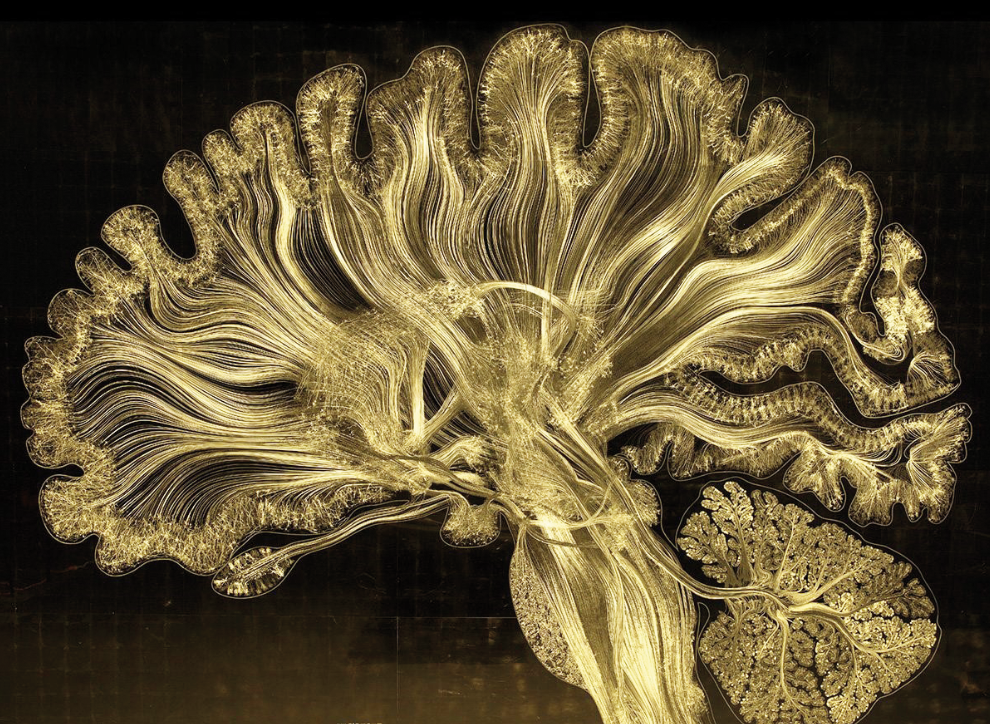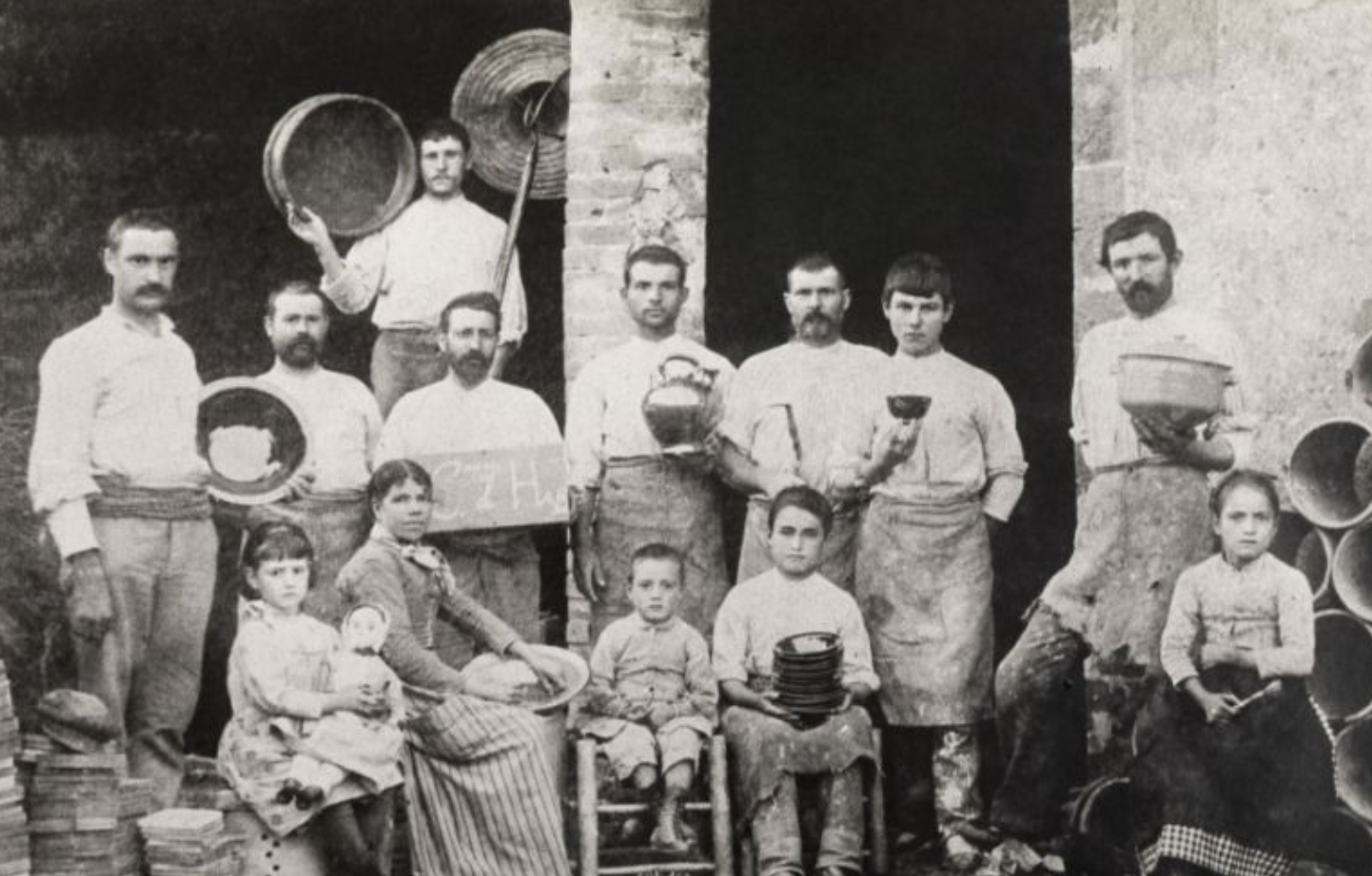library
“Art and transformation. A view of the end of the century
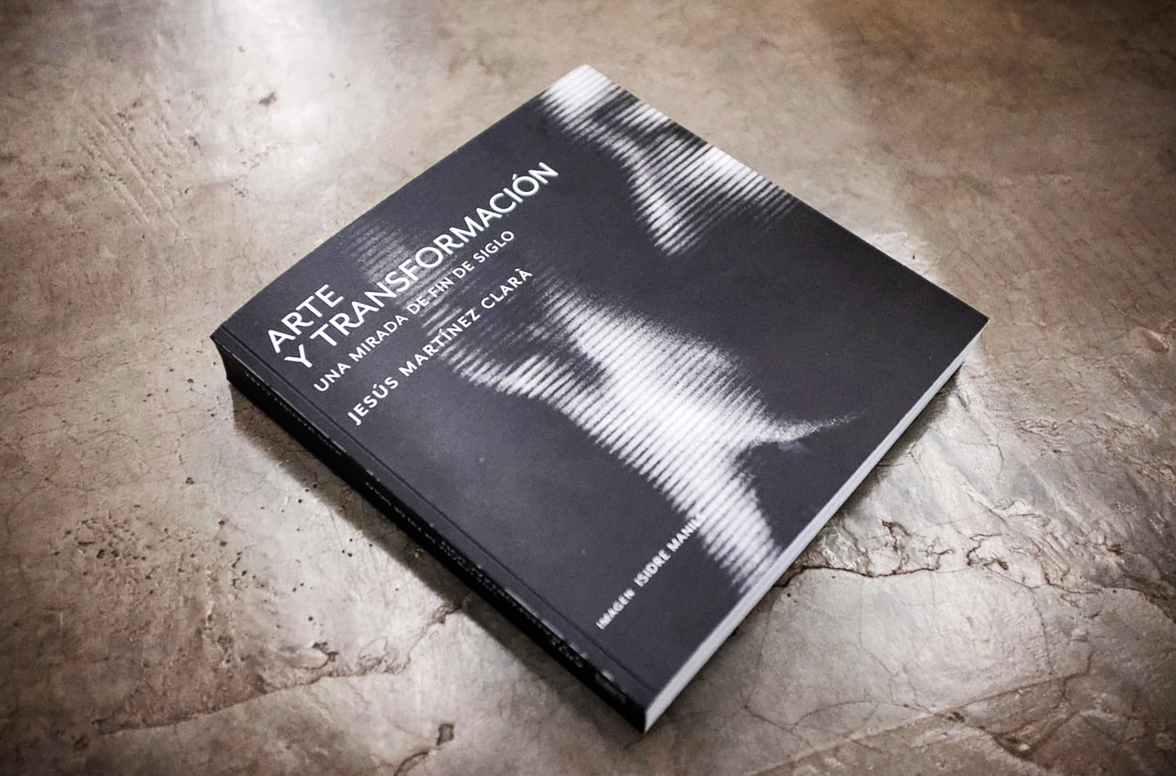
Arte y transformación is a look at the transition between centuries, from 1980 to the present. A subjective analysis of what happened at the end of the 20th century and the beginning of the 21st. The book collects the articles published by the author in the newspaper La Vanguardia de Barcelona and other media up to the present day. It is not a mere collection of articles, but through a plot becomes a clear witness to the evolution of an era and the experience of the author's own transformation. The first part reflects the relevance of neopostromanticism in a context of postmodern redefinitions. A dark and frivolous time at the same time as befits every end of century and end of millennium. A favorable climate of a certain nihilistic pessimism that manifests itself through a false complexity and uncertainty especially in art criticism. We know that this transit carries the legend of being a period of great economic, cultural, philosophical, spiritual changes, and that this painful conflict facilitates the appearance of new artistic propositions, as happened with the avant-gardes of the 20th century. The second focuses on the causes of the conflict in the conviction that the dispute between identity and difference, nature, the body, form, love and death are the most relevant causes that justify contemporary art. Along with these five main causes, nine more "refuges" are reviewed that are a reflection of the themes and artists that appeared throughout the author's critical activity: the sacred, magic, the form, the object , the memory, the text, the archive, the intermediate and the body. The third, with the title Transformation , reflects the need to find a safe, serene and undisturbed harbor in the face of unrest. Based on a question about the usefulness of art and a certain longing for rest, the latest articles are appearing in which a critical view is exercised influenced by authors ranging from pre-Socratic philosophers favoring an ethical calm to some contemporaries such as Bergson, Chardin, Husserl, Deleuze, Foucault, Hadot. This Western thought reconciles with the ancient tradition of a useful philosophy coming from the East that the author has cultivated discreetly during the years of his critical activity and that favor an interpretation of art and its practice as vital impulse towards authentic transformation. The epilogue is a final litany as a manifesto that collects the main concepts that have emerged following the order of writing. The book is accompanied by 25 drawings by the painter Isidre Manils. The book was presented on April 21 as part of the exhibition of this artist at the Can Framis Museum of the Vila Casas Foundation by Antoni Marí, Jordi Ibáñez, Raimon Arola and Natàlia Chocarro, curator of the exhibition.


